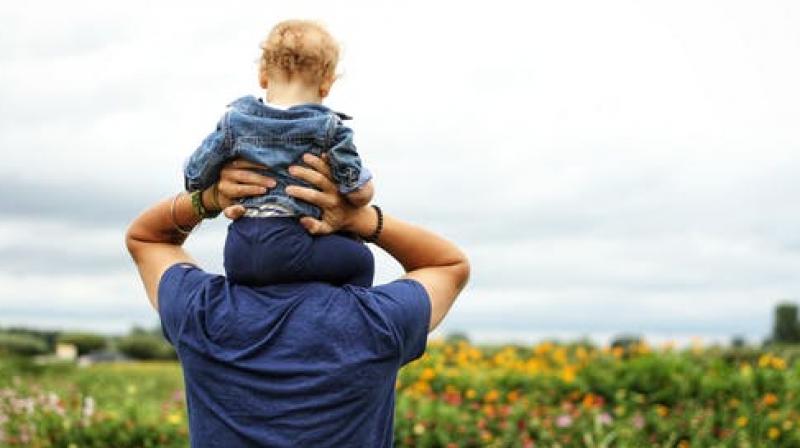To bond better, fathers should spend more time with their kids

Washington: As fathers try to guess what gift they will be receiving this father's day, researchers have cracked down ways in which fathers should spend time with their young children for better bonding.
Anew Study from the University of Georgia reveals that both types of involvement caregiving versus play and the timing, workday versus non-workday have an impact on the quality of an early father-child relationship.
The study by Geoffrey Brown, published in the Journal of Family Psychology, reveals that fathers who choose to spend time with their children on non-workdays are developing a stronger relationship with them, and play activities seem particularly important, even after taking into account the quality of fathers' parenting.
"Fathers who make the choice to devote their time on non-workdays to engaging with their children directly seem to be developing the best relationships. And on those non-workdays, pursuing activities that are child-centred, or fun for the child, seems to be the best predictor of a good father-child relationship," Brown explained.
However, fathers who spend lots of time helping out with childcare-related tasks on workdays are developing the best relationships with their children. And men who engage in high levels of play with their children on workdays actually have a slightly less secure attachment relationship with them.
"It's a complicated story, but I think this reflects differences in these contexts of family interaction time on workdays versus non-workdays. The most important thing on a workday, from the perspective of building a good relationship with your children, seems to be helping to take care of them," Brown asserted.
Decades of research have focused on mother-child attachment security, but there's much less research on the father-child relationship and how a secure attachment relationship is formed.
According to Brown, in early childhood, the most common way to conceptualise the parent-child relationship is the attachment relationship. Children from an emotional bond with their caregivers and it serves a purpose by keeping them safe, providing comfort and security and modelling how relationships should work.

